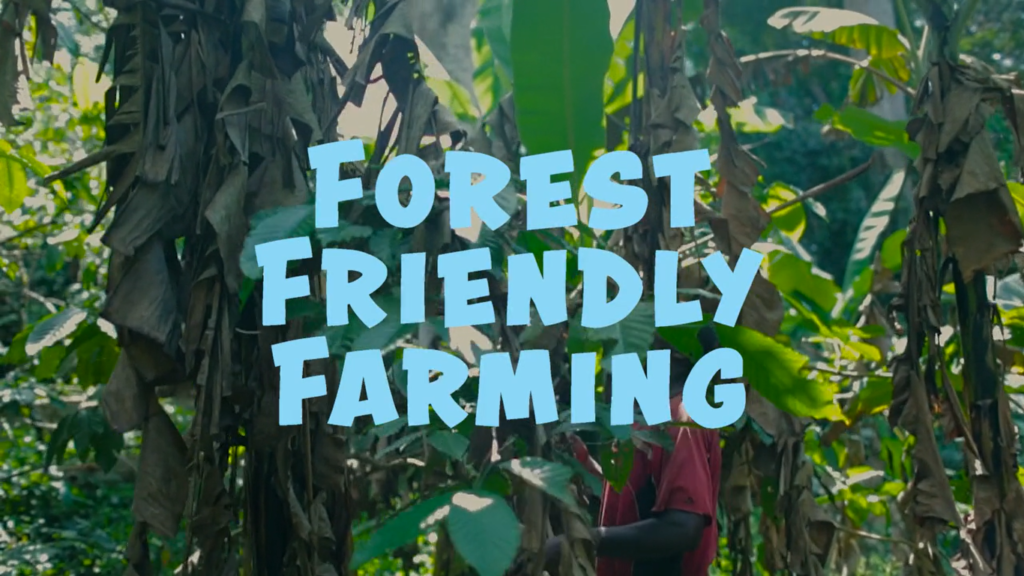Forests are a vital aspect of our ecosystem, providing us with essential resources, regulating our climate, and supporting countless species of flora and fauna. However, the rapid deforestation caused by irresponsible agricultural practices is threatening the existence of these precious natural habitats. It is imperative that we take action to support forest-friendly farming practices to ensure the preservation of our forests for future generations.
Forest-friendly farming is a sustainable approach to agriculture that aims to minimize the negative impact on forests and promote the conservation of biodiversity. By utilizing methods such as agroforestry, where trees are integrated into agricultural systems, and avoiding the use of harmful chemicals and deforestation, farmers can protect forests while still producing food and other agricultural products.
The Importance of Forest-Friendly Farming
Forest-friendly farming is crucial for maintaining the health and biodiversity of our forests. By preserving forests and their ecosystems, we are helping to combat climate change, as forests play a vital role in sequestering carbon dioxide from the atmosphere. Additionally, forests are home to a plethora of plant and animal species, many of which are endangered or at risk of extinction. By practicing forest-friendly farming, we can protect these species and their habitats.
Benefits of Forest-Friendly Farming
One of the key benefits of forest-friendly farming is the preservation of biodiversity. By maintaining healthy forests, we can ensure the survival of countless species of plants and animals that rely on these habitats for their survival. Additionally, forest-friendly farming can help to prevent soil erosion and water pollution, as well as promote the sustainable use of natural resources.
Furthermore, forest-friendly farming can have positive social and economic impacts. By supporting sustainable agricultural practices, we can help to improve the livelihoods of farmers and their communities. Additionally, consumers who choose to support forest-friendly products are contributing to the preservation of forests and biodiversity, making a positive impact on the environment.
Supporting Forest-Friendly Farming
There are several ways that individuals can support forest-friendly farming practices. One of the most important ways is by choosing to purchase products that are produced using sustainable agricultural methods. By looking for certifications such as Fairtrade, Rainforest Alliance, or Forest Stewardship Council (FSC), consumers can ensure that the products they buy are forest-friendly.
Choosing Forest-Friendly Products
When shopping for food, clothing, or other agricultural products, consumers can look for labels or certifications that indicate that the product was produced using forest-friendly farming practices. By supporting these products, consumers are sending a clear message to producers that they value sustainability and the conservation of forests.
Additionally, consumers can support forest-friendly farming by advocating for policies that promote sustainable agriculture and protect forests. By contacting policymakers, signing petitions, or participating in advocacy campaigns, individuals can help to raise awareness about the importance of forest-friendly farming and encourage action to support these practices.
Conclusion
Forest-friendly farming is essential for protecting the health and biodiversity of our forests. By supporting sustainable agricultural practices and choosing forest-friendly products, individuals can make a positive impact on the environment and help to preserve forests for future generations. It is imperative that we all take action to support forest-friendly farming and ensure the conservation of these vital ecosystems.

